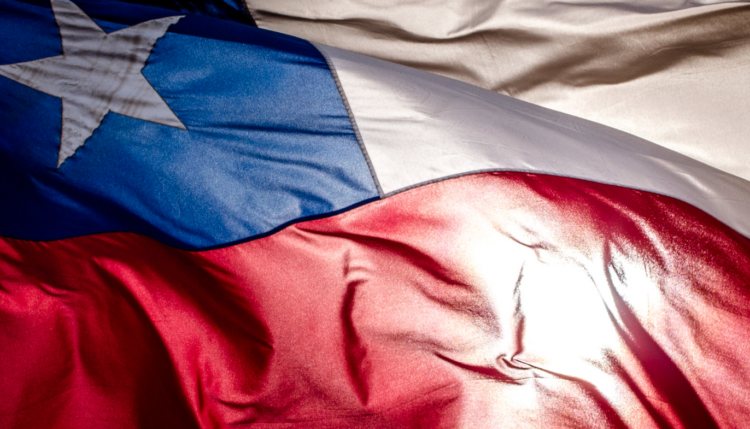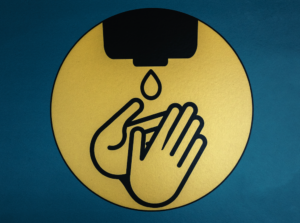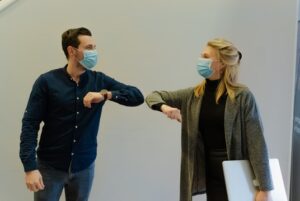
Planning Your Travel to Chile
Government of Chile’s Step by Step Plan for COVID-19
Chile has ranked consistently as one of the top ten places to be during the COVID-19 pandemic, thanks to coronavirus control strategies linked to its highly-praised vaccination program. Over 92,4% of the Chilean population is vaccinated, which has allowed the country to relax its travel rules. This means that as we write these lines, non-resident foreigners can come into Chile, as long as they comply with the following rules:
- They must have a complete vaccination scheme, which needs to be validated beforehand through the website mavacuno.cl. The website will require a scan of the proof of vaccination, plus a scan of the passport, and will take some days to process the requirement. It is recommended to start this procedure as soon as possible.
- They must present a PCR test with a negative result, for which the sampling must have taken place no longer than 72 before taking the last flight with destination to Chile.
- They must fill in a declaration that can be found in c19.cl, which is to be filed electronically and not before 48 hours before boarding. When filling this form, they will need to attach both the result of the negative PCR and medical travel insurance.
COVID-19 Protocol Inside Alberto Hurtado University
- The use of masks will be mandatory, both in open and closed spaces. The mask must cover both nose and mouth and leave no gaps.
- Frequent hand-washing for at least 20 seconds with water and soap, or the use of alcohol gel located in dispensers throughout the university, is strongly recommended.
- People must maintain a minimum distance of 1 meter (3.5 feet) from each other at all times.
- If you must sneeze or cough, do it on your forearm or on a disposable napkin, dispose of it afterward in a trash can with a lid and wash your hands with soap and water or alcohol gel.
- Avoid touching your face (eyes, nose, mouth)
- Prefer the stairs, only use elevators when strictly necessary.
- Use verbal greetings.
- Do not share hygiene and food items.
- People attending the event must pass through temperature control and check in the porter’s lodge.
- The person responsible for the event must control the temperature and access to the conference site.
- Before beginning the event, the responsible person must relay the safety measures of “personal responsibility” to the attendants, such as the mandatory use of masks and what to do in case they present symptoms of COVID-19.
- Visible graphs with the preventative measures must be displayed at the site of the event.

- Alcohol gel must be available in order to sanitize hands at the moment of entering the event.
- All equipment must be cleaned and sanitized before and after the event.
- The coffee break will be conducted outdoors, with food individually wrapped and coffees and infusions in disposable cups individually closed.
- Daily inspections must be performed in order to ensure that the cleaning methods are conducted correctly and consistently.
Other Requirements In Order to Come to Chile
Citizens of many countries, including the United States and any EU Member State, do not require a visa to enter Chile, provided that they will stay for less than 90 days. Here’s a list of all the nationalities that can enter Chile without a visa. In the event that you do require a visa to travel to Chile, you can apply for it online via your nearest Chilean embassy or consulate.
Image Credits
- Cover image, “Chile Flag.” by Sasha Popovic | Photography, CC BY-NC-ND 2.0.
- Text image, top, Lucas Beck via Unsplash
- Text image, bottom, Tim Mossholder via Unsplash
 Roberto Herrscher is an Argentine writer, journalist and professor of journalism at the Universidad Alberto Hurtado in Chile. He also directs the Post Graduate Degree Program in Narrative Non-Fiction.Herrscher is the author of Los viajes del Penélope (Tusquets, 2007); Periodismo narrativo (Barcelona University Press, 2012); El arte de escuchar (Barcelona University Press, 2015); Crónicas bananeras (Tusquets, 2021) and Contar desde las cosas (Ed. Carena, Spain, 2021).
Roberto Herrscher is an Argentine writer, journalist and professor of journalism at the Universidad Alberto Hurtado in Chile. He also directs the Post Graduate Degree Program in Narrative Non-Fiction.Herrscher is the author of Los viajes del Penélope (Tusquets, 2007); Periodismo narrativo (Barcelona University Press, 2012); El arte de escuchar (Barcelona University Press, 2015); Crónicas bananeras (Tusquets, 2021) and Contar desde las cosas (Ed. Carena, Spain, 2021).
